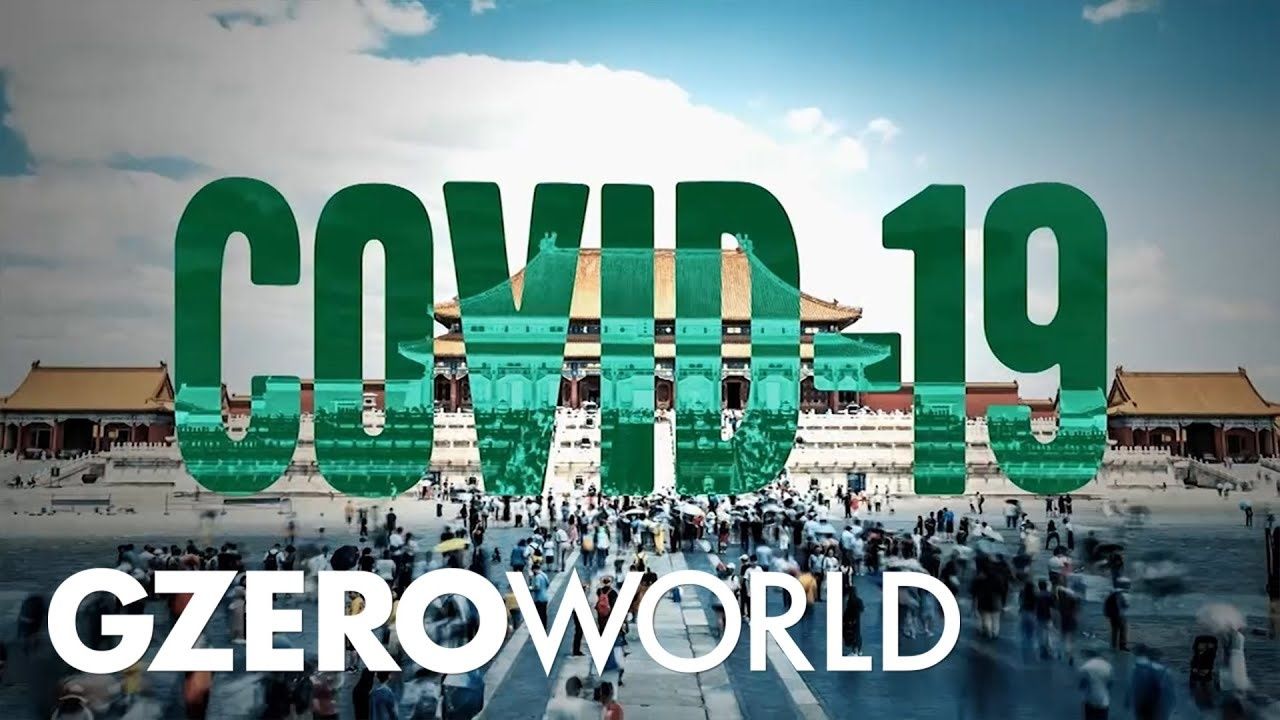President Trump calls COVID-19 the "China Flu." Chinese diplomats have hurled accusations that the virus came from the US military. And even in more rational discourse, there is ongoing global debate about what responsibility China has to the world for failing to disclose and respond to a new health threat before it left its borders. But in a new interview with GZERO World host Ian Bremmer, Zanny Minton Beddoes, Editor-in-Chief of The Economist, says the blame game is futile and counterproductive at this point. "There's an enormous amount that we need to work together on. It's not just getting a vaccine, it's making sure that the vaccine is globally available. And one would hope that you would have the world's two biggest economies working hand in glove," she told Bremmer.
More For You
Most Popular
In this "ask ian," Ian Bremmer analyzes Trump’s recent meeting with Zelensky and how close (or far) Russia and Ukraine are from a peace deal.
Syrian President Ahmed al-Sharaa attends the military parade of the Syrian army in Umayyad Square in central Damascus to mark the one-year anniversary of the fall of the Assad regime, on Dec. 8, 2025.
A year ago this month, Syria’s brutal dictatorship collapsed. There are signs of recovery, but sectarian violence threatens to undermine the optimism.
